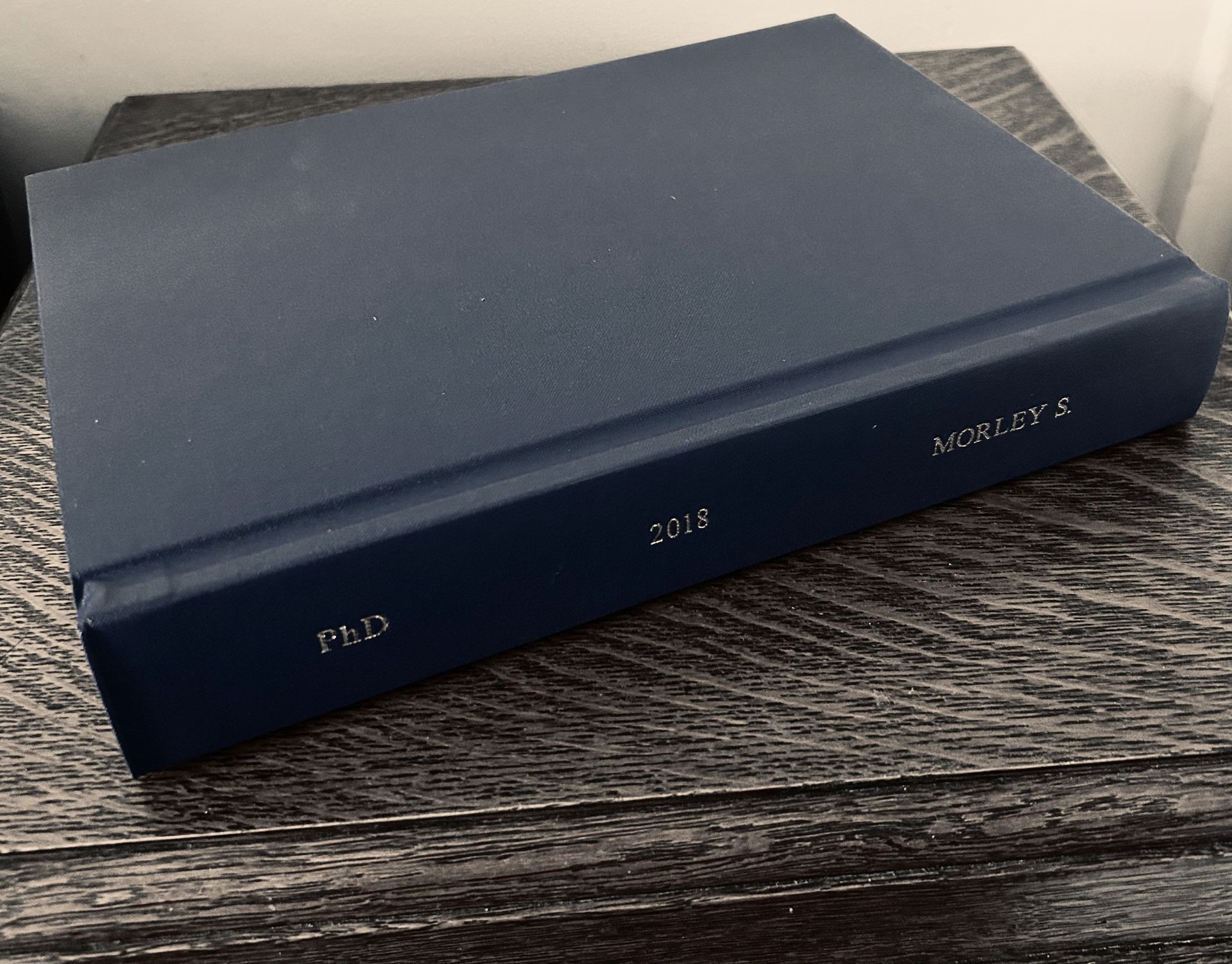Research
Doctoral Research Project
Royal Academy of Music
2014-2018
Stuart completed his PhD research degree in 2018 under the supervision of Briony Cox-Williams at the Royal Academy of Music in London. The title of his doctoral thesis is:
'Defining the role of the Musical Director and presenting a case for tempo consistency in professional musical theatre performance'.
It was a fascinating and sometimes overwhelming exploration of a subject that continues to intrigue Stuart, and which he will no doubt continue to study and explore for the rest of his life.
I
